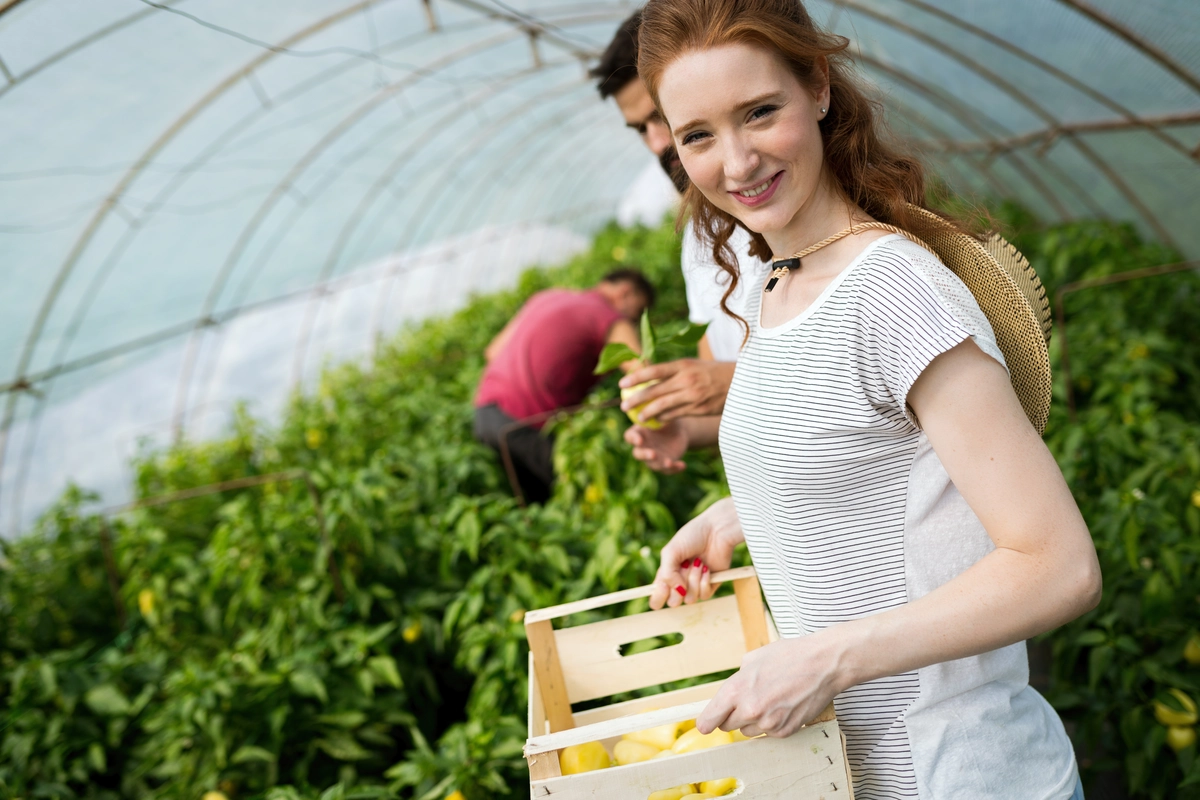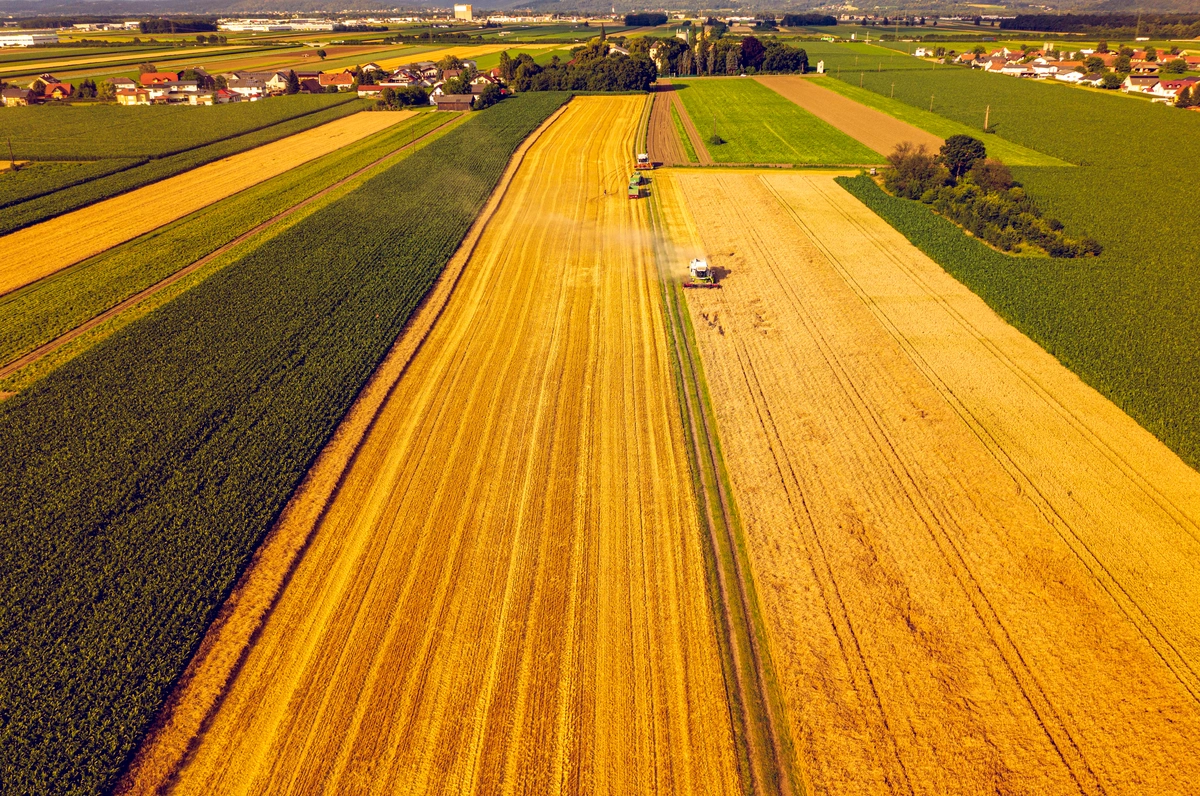Think about it: a farmer in Iowa can check soil moisture levels remotely while another in India can receive alerts about pest outbreaks affecting their crops—all through mobile apps designed for agriculture. This instant connectivity not only saves time but also enhances productivity and resilience against unpredictable challenges.
Furthermore, mobile technology facilitates better resource management. Through specialized apps, farmers can track their equipment, manage inventory, and even remotely control irrigation systems. This level of control allows for more efficient use of water, fertilizers, and pesticides, contributing to sustainability efforts and cost savings.
Mobile technology also plays a crucial role in knowledge sharing among farmers. Imagine being able to join virtual communities where farmers exchange tips, troubleshoot issues, and share success stories. These platforms foster collaboration and learning, empowering farmers with insights and techniques that can transform their operations.
Seeding Innovation: Mobile Technology Redefines Farm Management
Gone are the days when farming relied solely on manual labor and guesswork. Today, with mobile apps designed specifically for agriculture, farmers have a digital assistant in their pockets. These apps provide real-time data on weather forecasts, soil conditions, crop health, and market trends. With a few taps, farmers can make informed decisions that optimize crop yield and minimize environmental impact.
But it doesn’t stop there. Mobile technology offers precision farming solutions that were once unimaginable. From GPS-guided tractors that ensure every inch of land is efficiently utilized to drones that monitor crop growth from above, technology is reshaping farming into a precise science. Farmers can now apply fertilizers and pesticides with pinpoint accuracy, reducing costs and ecological footprint.
The beauty of mobile innovation lies in its accessibility. Whether you’re a tech-savvy millennial farmer or an experienced traditionalist, these tools are designed to be intuitive and user-friendly. They bridge the gap between generations and empower farmers of all backgrounds to embrace sustainable practices and increase productivity.

From Fields to Phones: The Digital Revolution in Agriculture
In the past, farming relied heavily on traditional knowledge passed down through generations. While this wisdom remains invaluable, today’s farmers are increasingly turning to digital tools to enhance efficiency and productivity. These tools range from smart sensors that track soil moisture levels to drones that provide aerial views of the fields, offering insights that were once impossible to gather.
One of the most significant advances is precision agriculture. This approach involves using data-driven insights to tailor farming practices to specific conditions within a field. By analyzing soil composition, moisture levels, and crop health metrics collected by sensors and satellite imagery, farmers can optimize the use of water, fertilizers, and pesticides. This not only reduces costs but also minimizes environmental impact—a win-win for both farmers and the planet.
Moreover, the digital revolution is democratizing access to agricultural knowledge. Small-scale farmers who previously lacked resources can now access information through mobile apps and online platforms. These resources provide guidance on everything from crop rotation techniques to pest management strategies, empowering farmers to make informed decisions that improve yields and profitability.
Beyond the farm gate, technology is also revolutionizing supply chains. Blockchain technology, for instance, enables transparent and secure transactions, ensuring that farmers receive fair prices for their produce. This transparency fosters trust between producers and consumers, paving the way for sustainable agricultural practices.
Harvesting Data: How Mobile Apps Are Optimizing Crop Yields
Mobile apps designed for agriculture gather real-time data from various sources like weather forecasts, soil conditions, crop health parameters, and even market trends. By analyzing this data, farmers can make informed decisions that directly impact their yield and profitability. It’s like having a personal agricultural advisor in your pocket, available whenever you need it.
One of the key advantages of these apps is precision farming. Instead of treating an entire field uniformly, farmers can now apply fertilizers, pesticides, and water precisely where they are needed. This not only saves resources but also enhances crop health and reduces environmental impact. It’s akin to a targeted medicine approach for plants, ensuring they receive exactly what they require to thrive.
Furthermore, mobile apps enable farmers to monitor their crops remotely. Whether they’re in the field or miles away, they can receive alerts about potential pest outbreaks, weather anomalies, or equipment malfunctions. This proactive approach allows for timely interventions, minimizing losses and maximizing productivity.
Another remarkable aspect is the ability to integrate historical data with current observations. By comparing past seasons’ performance with ongoing trends, farmers can identify patterns and make predictive assessments. It’s like learning from experience, but on a much larger and more precise scale.
Smart Farming: Mobile Tech Pioneers Precision Agriculture
Imagine this: farmers equipped with smartphones or tablets that act as their command centers, right in the heart of their fields. These devices aren’t just for making calls or sending messages anymore. They are loaded with apps and software that allow farmers to monitor everything from soil moisture levels to crop health in real-time. It’s like having a dashboard that gives you insights into your fields at any moment, anywhere you are.

Another game-changer is the way mobile tech fosters connectivity. Farmers can connect with agronomists, researchers, and even other farmers in different parts of the world. Sharing insights and experiences becomes seamless, leading to a community-driven approach to problem-solving and innovation. It’s like being part of a global village where knowledge flows freely and collaboratively.
Moreover, mobile technology in smart farming isn’t just about monitoring and decision-making. It also facilitates automation. Imagine drones or autonomous vehicles guided by GPS and controlled via mobile apps, performing tasks like seeding, spraying, or harvesting with pinpoint accuracy. This level of automation not only saves time and labor but also reduces the environmental footprint of farming operations.
In essence, mobile tech is pioneering precision agriculture by putting powerful tools in the hands of those who work the land. It’s transforming farming into a data-driven, interconnected endeavor where every action is optimized for efficiency and sustainability. As we move forward, the role of mobile technology in smart farming will only continue to expand, bringing with it new possibilities and advancements that could reshape the future of agriculture as we know it.
